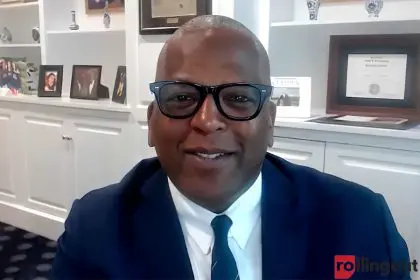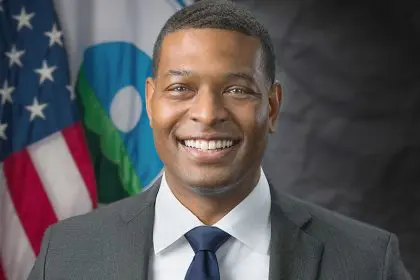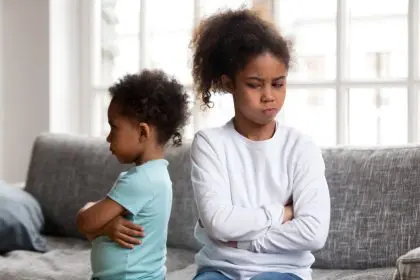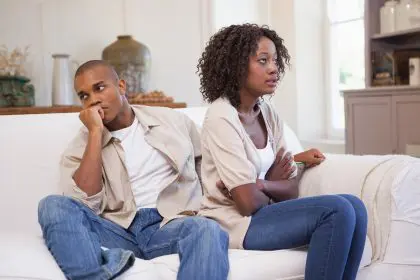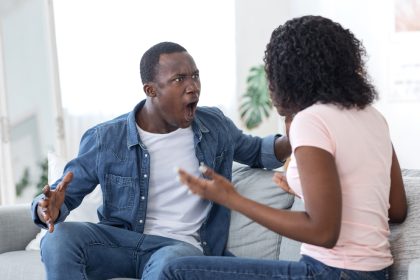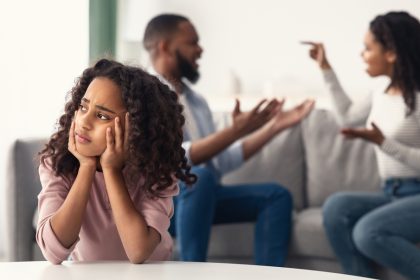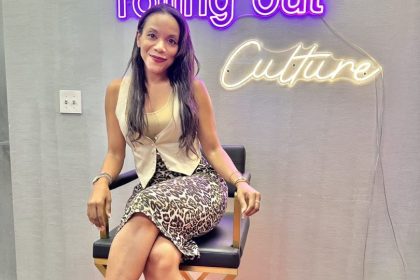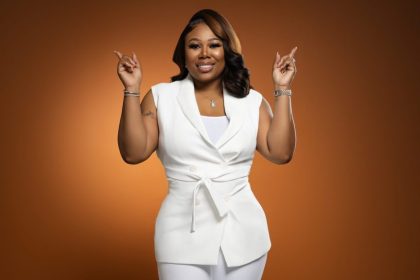Greg Jackson is a community organizer, campaign strategist, and advocate who serves as the National Advocacy Director for the Community Justice Action Fund. Surviving a near-fatal shooting in 2013, Jackson has dedicated his career to reducing gun violence and empowering those most impacted by it. In this interview, he shares insights on gun violence policies, their effects on communities, and potential solutions.
[Editor’s note: This is a truncated transcribe of a longer video interview. Please see the video for the extended version. Some errors may occur.]
What do you say to those puzzled by the lack of change in regulations and policies related to gun violence?
Well, unfortunately, in our country, due to a bill called black, you know, our country has allowed the gun industry to move without—with immunity, and this is one of the least regulated industries in our economy. And what that’s really created is a country where innovations within firearms are more focused on lethality and harm than safety and responsibility. And so unfortunately, we’re seeing the uglier head of that, you know, where gun violence has surged in communities across the country. And in 2021, we saw some of the deepest inclines in gun violence ever. And that has put us on our heels as a country to think about, how do we save lives from a crisis that is man-made as a result of these firearms?
And so, this has now become the number one cause of death for all youth in America, the number one cause of death for Black men, the number two cause for Black women and Latino men. And now we have one in five Americans who know someone who’s been shot or harmed by this crisis of gun violence. And so, luckily, we have a president that is taking leadership on this. He is the first one in history to name this as a public health crisis. He’s executed over 40 executive actions on this issue. We passed the first law on gun violence in 30 years, the Bipartisan Safer Communities Act, and rolled out an additional $30 billion to strengthen public safety efforts. And so we’re taking historic action to address this crisis, recognizing that it’s been overlooked for far too long.
What would you say to those who listen to hip-hop music about why they should not pick up a gun?
I mean, the reality is, when you pick up a gun to solve a conflict, two lives are lost on either side of the gun. And unfortunately, we’re seeing that those who are injured, there’s a 40% chance of them later becoming someone shooting someone else, or being victimized again, or worse, being killed. And this is a type of approach to conflict where no one wins. There’s no winners. And you—we’ve seen it time and time again, whether you’re a rapper like Quavo, who we’re really close with, who lost his nephew after a dispute over a dice game, or whether you’re someone like a Nipsey Hussle, who was just pouring back into their own community and got into an argument that turned into him losing his life.
Firearms and gun violence to solve conflicts is literally wiping out some of the brightest minds and some of the youngest minds across our country and across our community. And so, I would just reinforce that the stakes are way higher than it’s worth to pick up a gun to solve a conflict, and recognizing that we have too many examples to point to—Martin Luther King, Malcolm Megs, Biggie, Tupac. I mean, the list goes on and on, where literally, our Black leaders have been stolen by this crisis for as long as we can remember.
What should we know about protecting Black women from gun violence?
Well, unfortunately, domestic violence and the intersection of gun violence is a huge crisis in our country, and that’s really what’s fueling a lot of the lives that are being lost by the hands of firearms, especially amongst Black women in our country. And that’s why this administration has poured more resources specifically into domestic violence strategies. And frankly, we’ve made it very clear that if you’re convicted of domestic abuse, then you are now prohibited from buying a firearm, and we now have resources and tools to remove those firearms from the home. So we have to continue to lean in on this issue within our community.
We have to think about, how do we raise more awareness around the issue of domestic violence? How do we have better-trained people on how to deal with conflicts when they’re in that inner, personal moment of crisis and thinking about their intimate partner relationship? But we also have to make sure that Black women, especially, have more resources and tools to protect themselves and to exit that situation in a healthy, peaceful way, because right now in our country, we have not been doing the greatest job of that. And the president knows that. He’s one of the main leaders for the Violence Against Women Act.
We just celebrated the 30-year anniversary of that bill’s passage, but he sees our work as a part of that work as well. And that’s why two of the executive actions at that anniversary were focused on how we get guns out of the hands of a domestic abuser to ensure that at least that lethal force isn’t an option when domestic violence shows its ugly in our communities.

